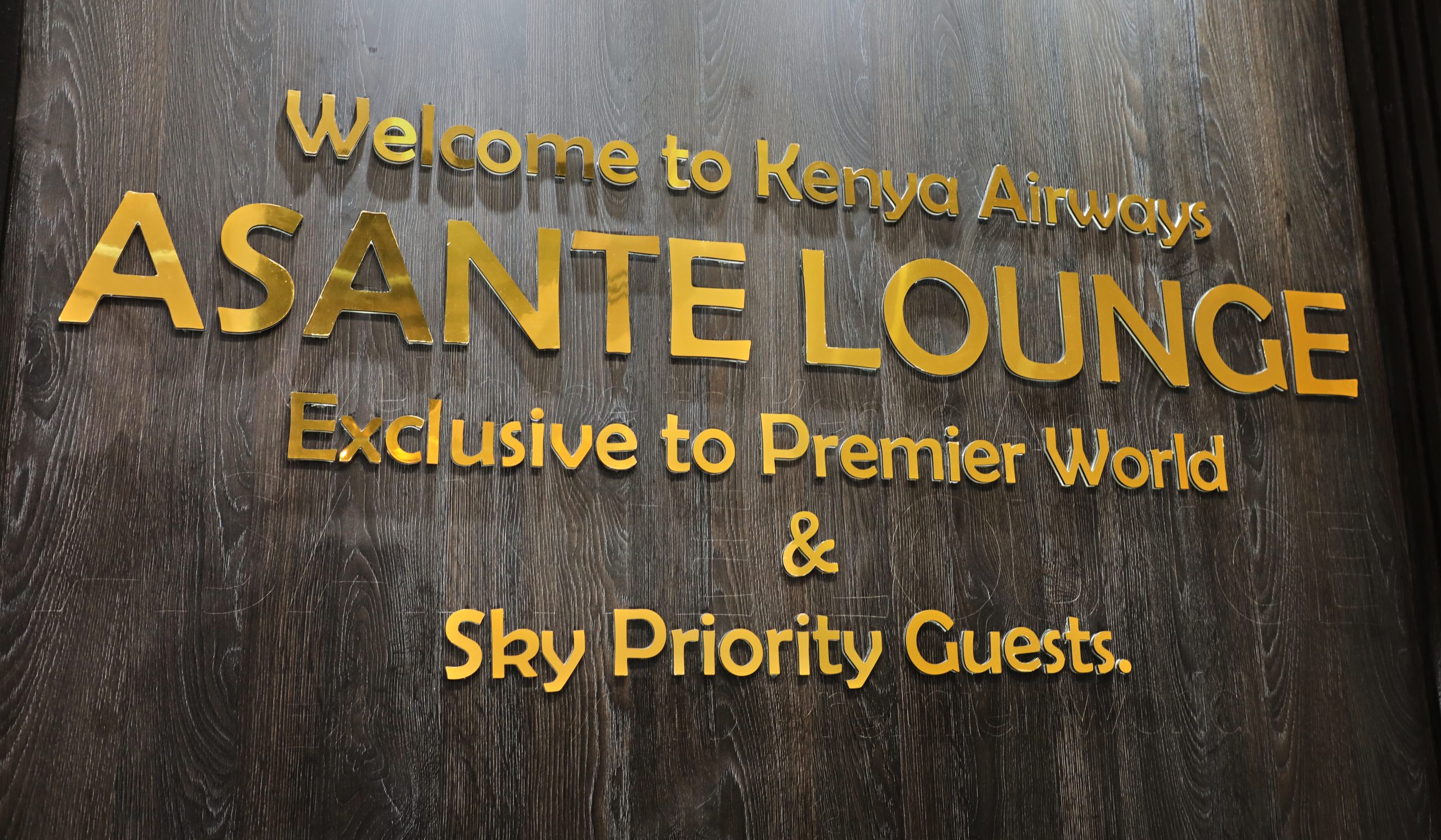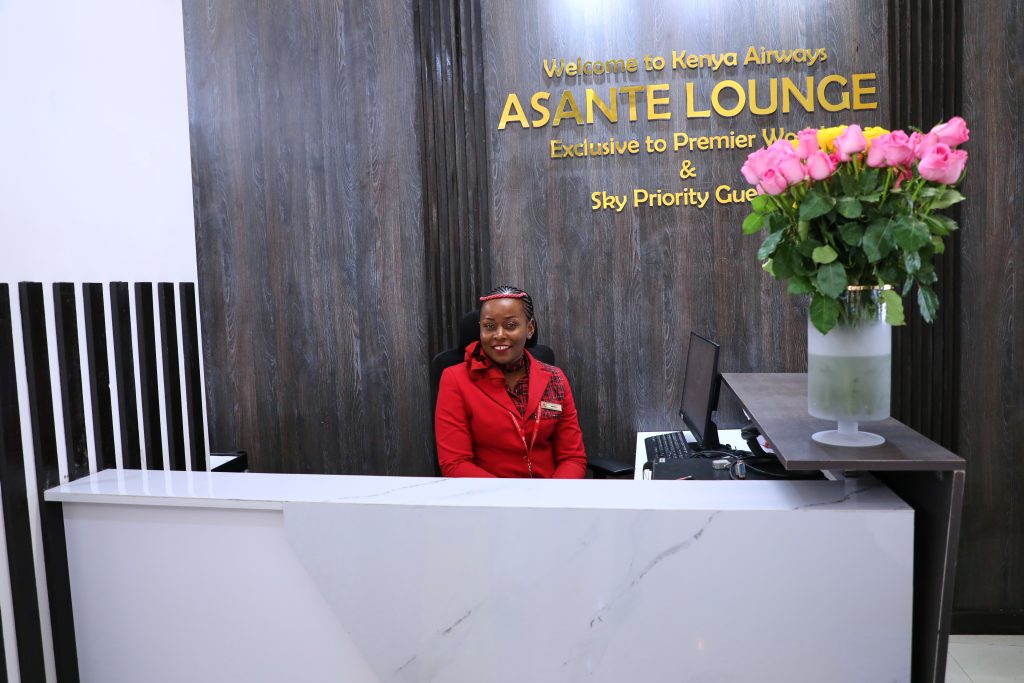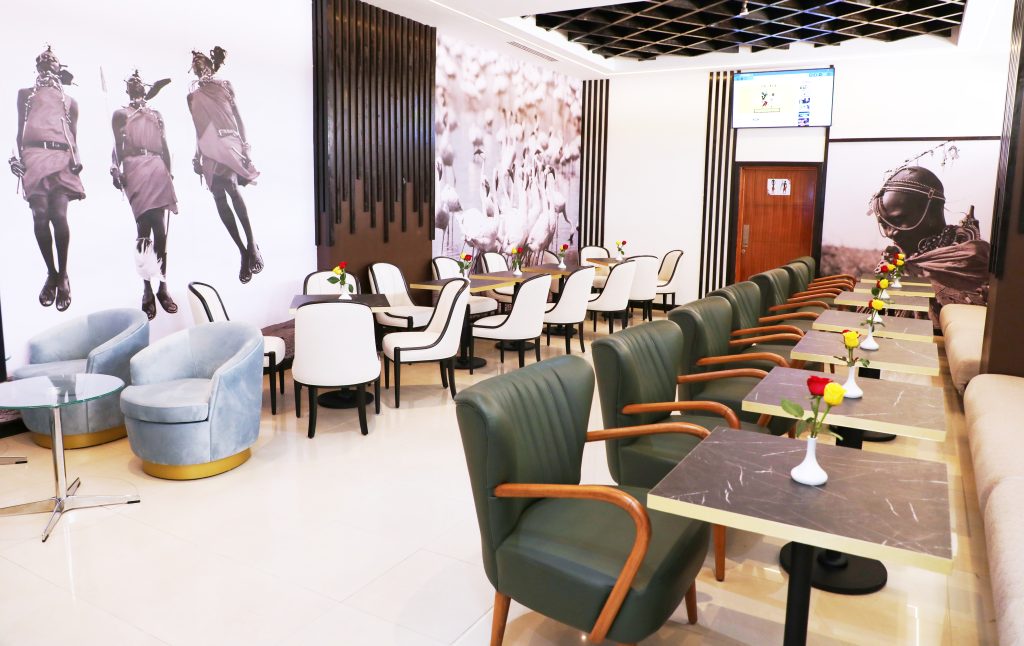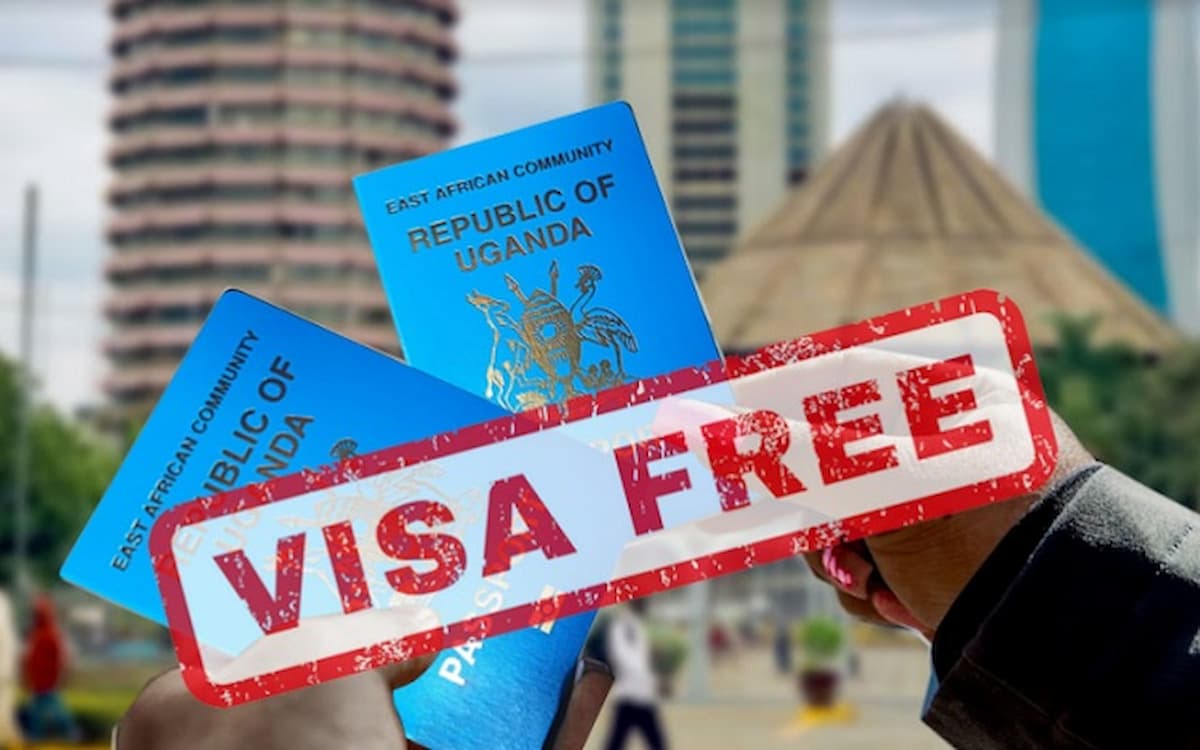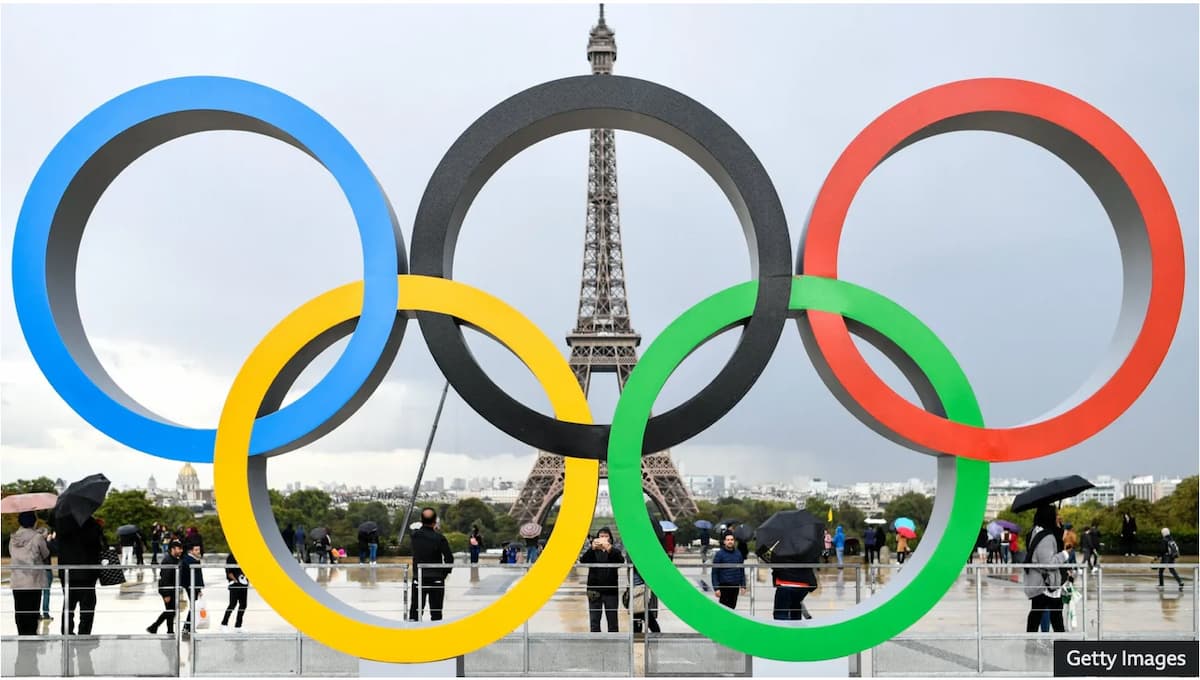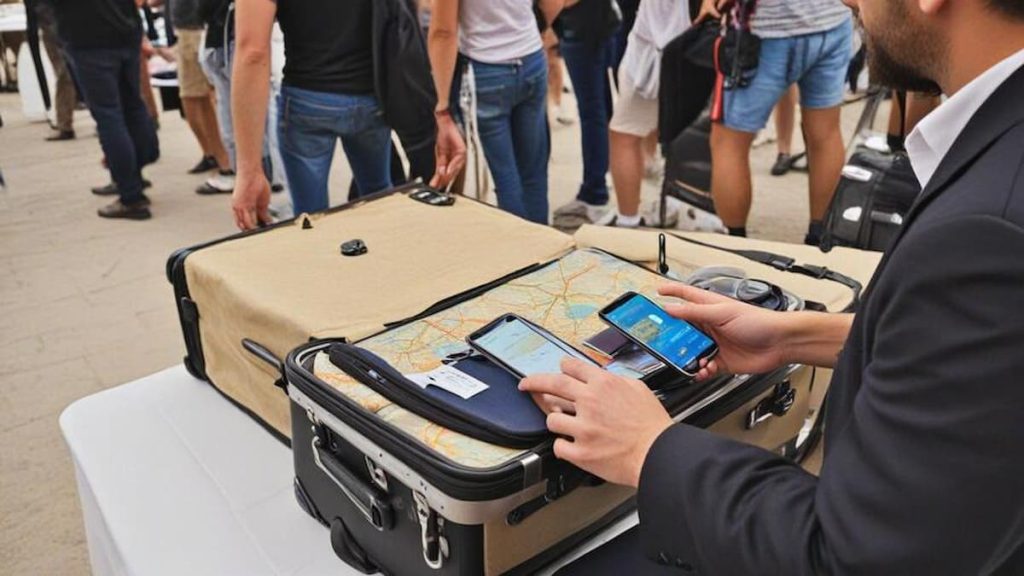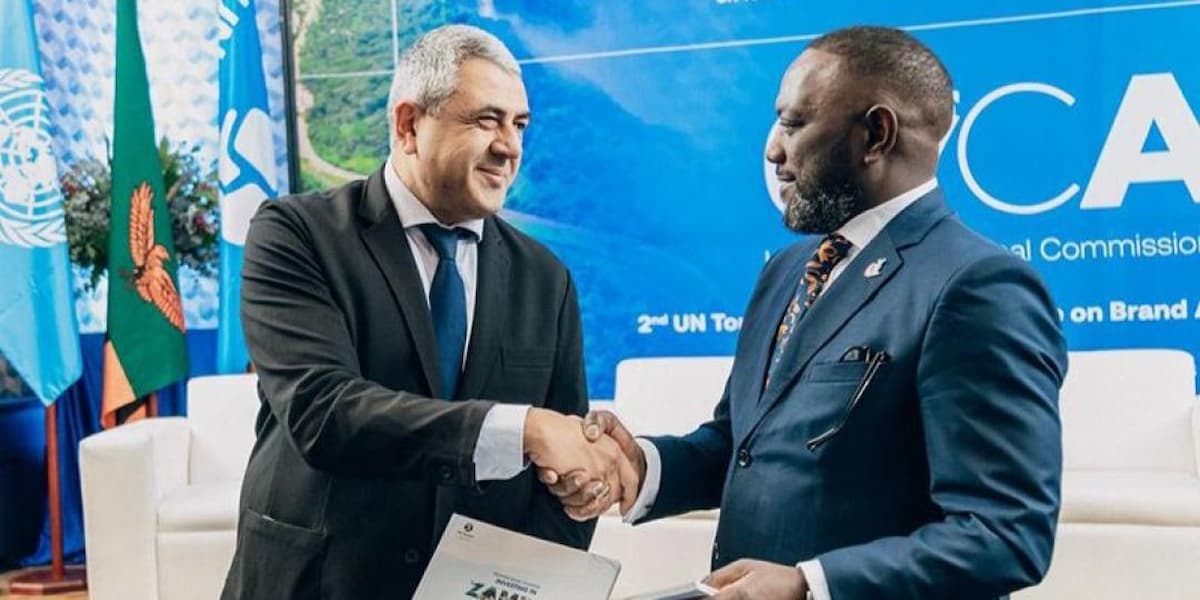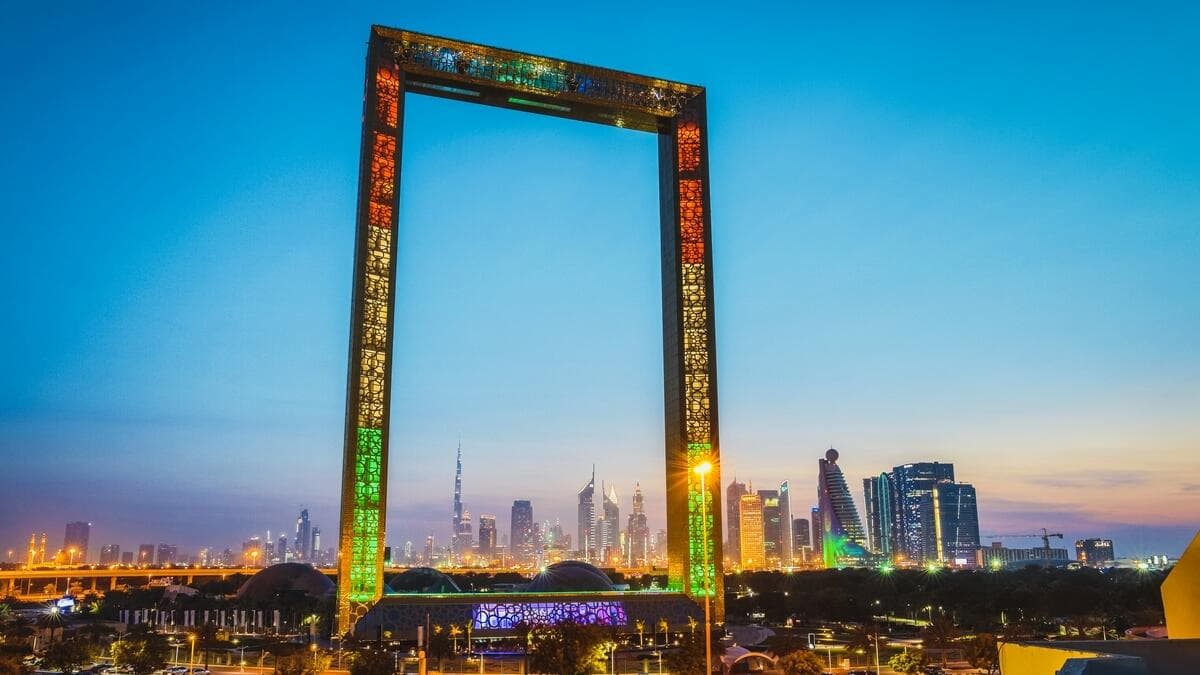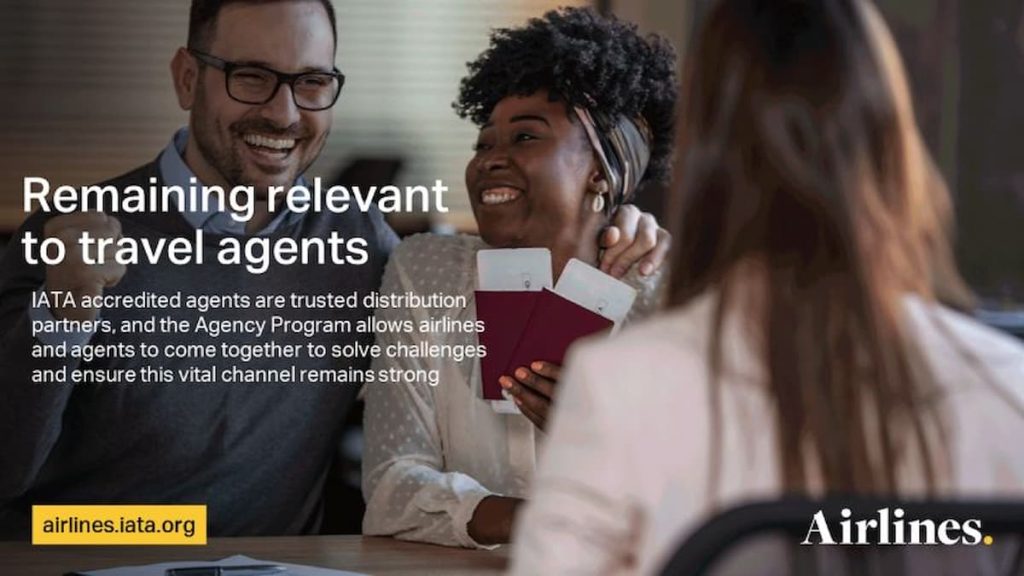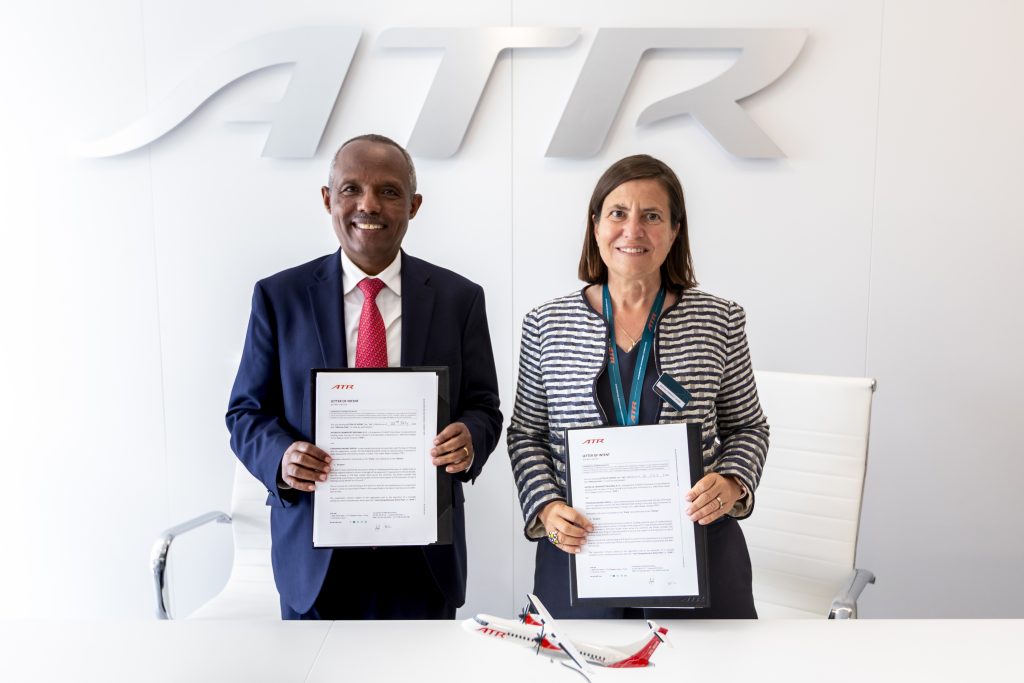
Addis Ababa/Farnborough, 23 July 2024 – ATR, the world’s number one regional aircraft manufacturer, and Ethiopian MRO Services, a world-class maintenance and training provider, part of the Ethiopian Airlines Group, announced the signature of a Letter of Intent aimed at developing Ethiopian MRO Services’s ATR aircraft
maintenance and training capabilities.
This strategic agreement marks a significant milestone in expanding ATR’s presence in Africa and the Middle East, enabling enhanced support to local operators and fostering market growth. The cooperation would cover the development of Ethiopian MRO Services’s maintenance capabilities for ATR aircraft types and the establishment of a local spares’ stock to reduce response time for ATR operators in the region. It would also explore collaborative ways to train new ATR pilots with the Ethiopian Aviation University, the
most modern aviation guru.
With its extensive aircraft maintenance and repair capability, an international network for seamless spare parts delivery, multiple hubs across the continent, and an aviation training university, Ethiopian MRO Services is a key player in the aftermarket and the ideal local partner to cater to the needs of the 36 airlines operating 131 ATR aircraft across Africa and the Middle East.
Regarding the strategic agreement, Mr. Mesfin Tasew, Ethiopian Airlines Group Chief Executive Officer, said: “This partnership aligns with Ethiopian Airlines Group’s vision to become a leading aviation reference for the African continent and the Middle East. We aim to share our expertise and benefit the entire African and Middle Eastern aviation community.
This collaboration reinforces Ethiopia’s positioning as a key hub, and the fact that an established OEM such as ATR approaches us to leverage our capabilities for their fleet and operators is a testament to the recognition we have earned.” Nathalie Tarnaud Laude, ATR’s Chief Executive Officer, said: “Ethiopian MRO’s
significant investments over the past years to expand their facilities combined with their dedication to developing their capabilities, present a timely opportunity for ATR to provide better support to our African and Middle Eastern operators.
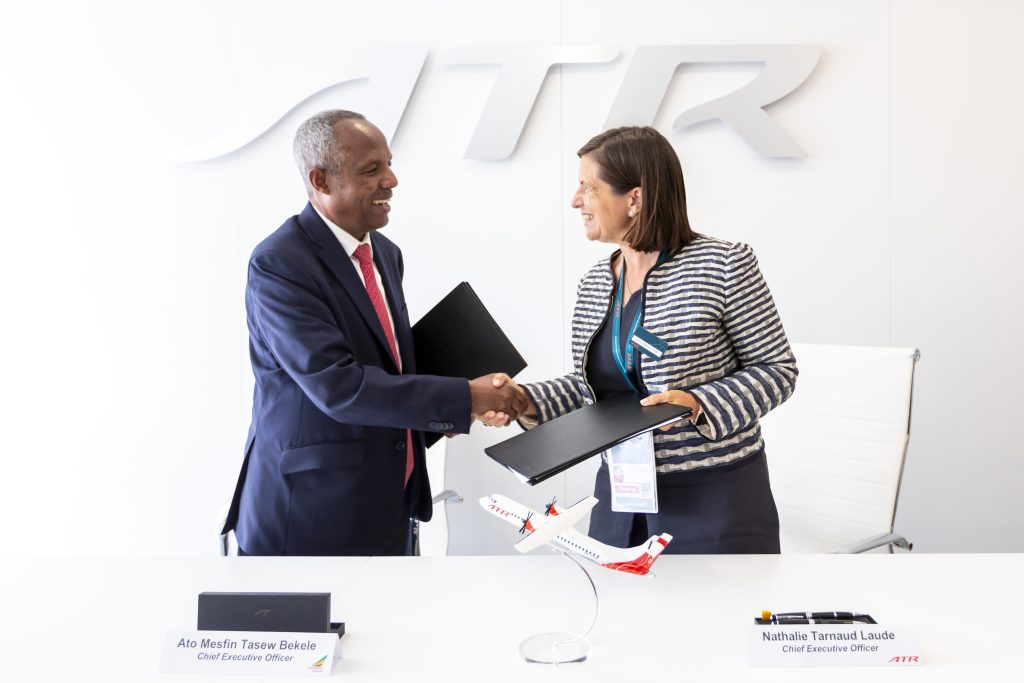
We are confident this cooperation will help boost regional aviation locally and unlock further potential for
growth. Our operators will benefit from an improved quality of service, lower maintenance costs, reduced downtimes and lower emissions through the support of an experienced partner close to their needs.” While some parts of Africa and the Middle East have flourishing regional aviation networks, with turboprops playing a key role for local businesses, goods transport and tourism, the region remains widely under connected: 67% of the routes under 500NM are operated once daily or less, representing only 11% of seats. Most traffic is concentrated on a few well-served trunk routes, while connectivity from secondary cities is declining. Flying turboprops offers a reliable cost-effective solution for domestic and subregional connectivity, eliminating the need for expensive and environmentally disruptive ground infrastructure development.
With its unrivalled versatility, fuel efficiency and low operating costs, ATR aircraft are the ideal platform to serve the growing connectivity needs of the region’s communities. As part of its strategy to empower customer satisfaction and regional expertise, ATR also established at the end of 2023 a Regional Field Service Representative in Ethiopia as a key initiative to create more intimacy with its customers and enhance their satisfaction.
About Ethiopian
Ethiopian Airlines Group (Ethiopian) is one of the fastest-growing airlines brand globally and the
continent’s largest airline brand. In its seventy-eight years of successful operations, Ethiopian has
become one of the continent’s leading carriers, unrivalled in efficiency and operational success. Ethiopian
commands the lion’s share of the African passenger and cargo network operating the youngest and most
modern fleet to more than 150 domestic and international passenger and cargo destinations across five
continents. Ethiopian’s fleet category consists of ultra-modern and environmentally friendly aircraft such
as Boeing 737s, 777s, 787s, Airbus A350-900 and De Havilland Q400.
Ethiopian is also pursuing multi-hub strategy through hubs in Lomé, Togo with ASKY, in Lilongwe, Malawi
with Malawi Airlines and in Lusaka, Zambia with Zambia Airways. Having achieved its strategic plan
(Vision 2025) ahead of time, Ethiopian is currently implementing a 15-year strategic plan Vision 2035 that
will see it become one of the top 20 most competitive and leading aviation groups in the world. Ethiopian
has been champion in various coveted awards including Skytrax’s ‘Best Airline in Africa Award’ for seven
consecutive years among others. The airline has been a Star Alliance member since 2011 and has been
registering more than threefold growth in the past 10 years.
For more at: www.ethiopianairlines.com
Email: CorporateCommunication@ethiopianairlines.com
Contact: (251-11)517-8913/8165/8907

